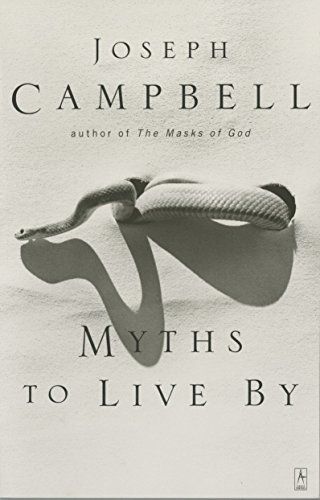
Reviews
Michael Springer@djinn-n-juice
Steve Daniels@stevezie
Felix Jamestin@felixjamestin
Alex Gee@alexgee
Eva@evamaren
Alberto Cabas Vidani@albertocv
Cristian Rus@cristianrus4
Highlights
Laura Mei@thelibrariansnook
Page 48
Laura Mei@thelibrariansnook
Page 15